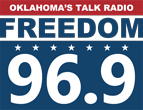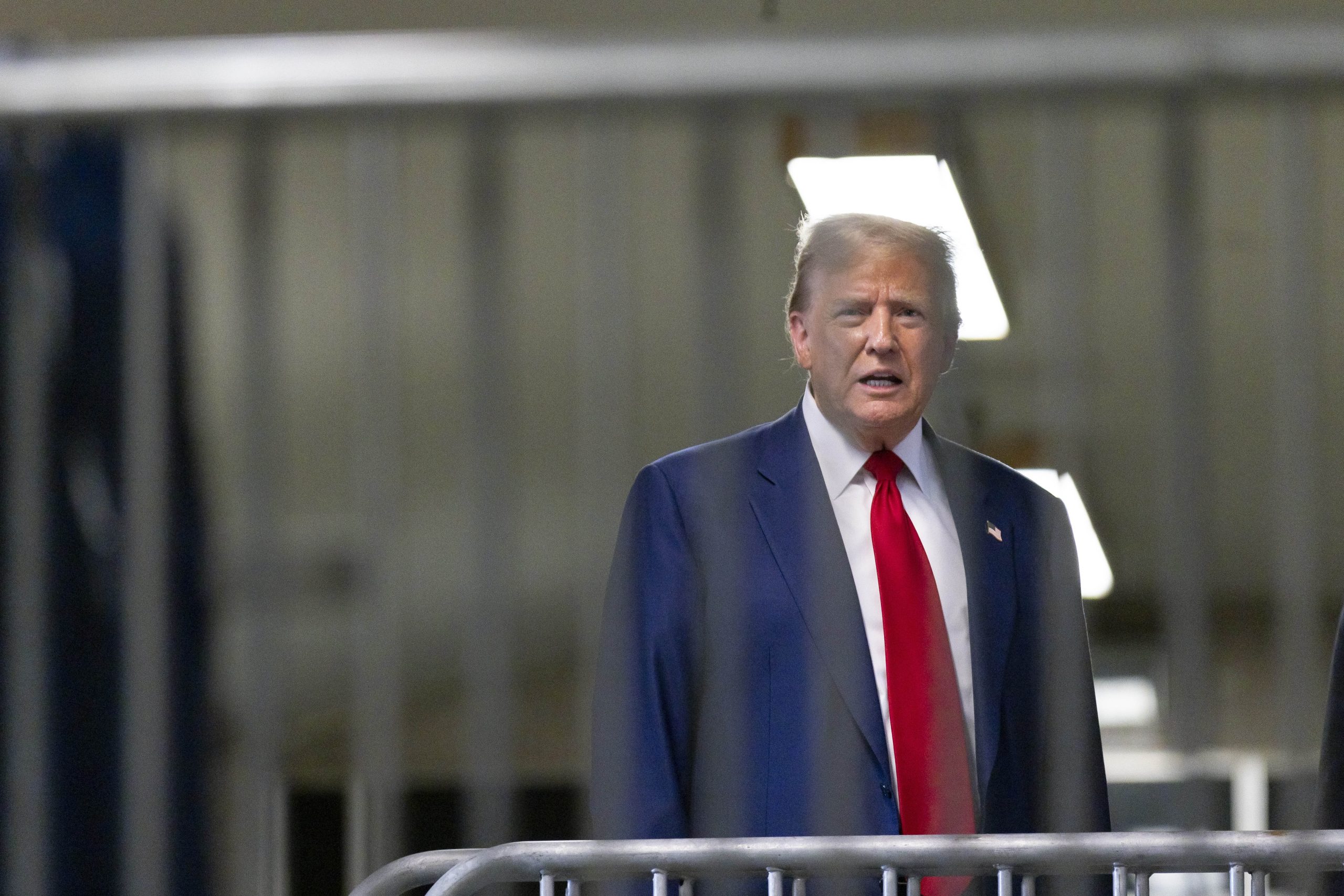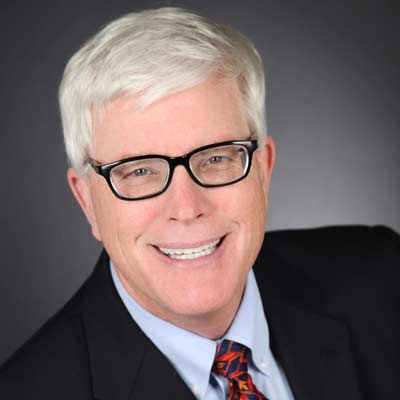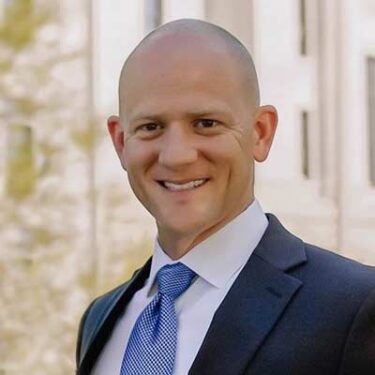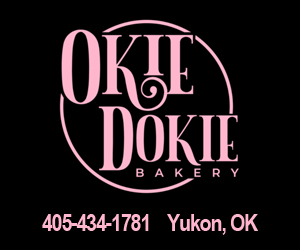NEW YORK (AP) — A lawyer who negotiated a pair of hush money deals at the center of Donald Trump’s criminal trial recalled Thursday his “gallows humor” reaction to Trump’s 2016 election victory and the realization that his hidden-hand efforts might have contributed to the win.
“What have we done?” the attorney Keith Davidson texted the then-editor of the National Enquirer, which had buried stories of extramarital sexual encounters to prevent them surfacing in the final days of the bitterly contested presidential race. “Oh my god,” came the response from Dylan Howard.
“There was an understanding that our efforts may have in some way — strike that — our activities may have in some way assisted the presidential campaign of Donald Trump,” Davidson told jurors.
The testimony from Davidson was designed to directly connect the hush money payments to Trump’s presidential ambitions and to bolster prosecutors’ argument that the case is about interference in the 2016 election rather than simply sex and money. Manhattan District Attorney Alvin Bragg has sought to establish that link not just to secure a conviction but also to persuade the public of the significance of the case, which may be the only one of four Trump prosecutions to reach trial this year.
“This is sort of gallows humor. It was on election night as the results were coming in,” Davidson explained. “There was sort of surprise among the broadcasters and others that Mr. Trump was leading in the polls, and there was a growing sense that folks were about ready to call the election.”
Davidson is seen as a vital building block for the prosecution’s case that Trump and his allies schemed to bury unflattering stories in the run-up to the 2016 presidential election. A lawyer who represented porn actor Stormy Daniels and Playboy model Karen McDougal — both of whom have said they had sexual encounters with Trump — Davidson is one of multiple key players testifying in advance of Michael Cohen, the star prosecution witness and Trump’s former lawyer and personal fixer.
Davidson represented both Daniels and McDougal in their negotiations with the National Enquirer and Cohen in deals that resulted in the rights to their stories being purchased and then stifled in exchange for money.
Jurors on Thursday viewed a confidential agreement requiring Daniels to keep quiet about her claims that she had an extramarital tryst with the former president a decade earlier. The agreement, dated less than two weeks before the 2016 presidential election, called for her to receive $130,000 in exchange for her silence.
The money was paid by Cohen, and the agreement referred to both Trump and Daniels with pseudonyms: David Dennison and Peggy Peterson.
“It is understood and agreed that the true name and identity of the person referred to as ‘DAVID DENNISON’ in the Settlement Agreement is Donald Trump,” the document stated, with Trump’s name written in by hand.
While testifying Thursday, Davidson also recalled Cohen ranting to him about Trump in a phone conversation about a month after the 2016 election, complaining the president-elect wasn’t taking him to Washington and hadn’t paid him back for the $130,000 payment to Daniels.
He also said that Cohen told him that he and Trump were “very upset” when The Wall Street Journal published an article that exposed a separate $150,000 arrangement with McDougal just days before the election.
“He wanted to know who the source of the article was, why someone would be the source of this type of article. He was upset by the timing,” Davidson said of Cohen. “He stated his boss was very upset, and he threatened to sue Karen McDougal.”
Before the start of testimony, prosecutors requested $1,000 fines for each of four comments by Trump that they say violated a judge’s gag order barring him from attacking witnesses, jurors and others closely connected to the case. Such a penalty would be on top of a $9,000 fine that Judge Juan M. Merchan imposed Tuesday related to nine separate gag order violations that he found.
“The defendant is talking about witnesses and the jury in this case, one right here outside this door,” prosecutor Christopher Conroy said. “This is the most critical time, the time the proceeding has to be protected.”
“His statements are corrosive to this proceeding and the fair administration of justice,” Conroy added.
Trump’s lawyer Todd Blanche countered that Trump’s candidacy and the massive media attention he receives have made it impossible for him not to be asked about, or comment on, the trial.
“He can’t just say ‘no comment’ repeatedly. He’s running for president,” Blanche said.
Merchan did not immediately rule on the request for fresh sanctions, though he indicated that he was not particularly concerned about one of the four statements flagged by prosecutors.
Yet the mere prospect of further punishment underscored the challenges Trump the presidential candidate faces in adjusting to the role of criminal defendant subject to rigid courtroom protocol that he does not control. It also remains to be seen whether any rebuke from the court will lead Trump to adjust his behavior given the campaign trail benefit he believes he derives from painting the case as politically motivated.
During a one-day break from the trial on Wednesday, Trump kept up his condemnation of the case, though he stopped short of comments that might run afoul of the gag order.
“There is no crime,” he told supporters in Waukesha, Wisconsin. “I have a crooked judge, is a totally conflicted judge.”
The trial, now in its second week of testimony, has exposed the underbelly of tabloid journalism practices and the protections, for a price, afforded to Trump during his successful run for president in 2016.
After the $130,000 payment was made to Daniels, Trump’s company reimbursed Cohen and logged the payments to him as legal expenses, prosecutors have said in charging the former president with 34 felony counts of falsifying business records — a charge punishable by up to four years in prison.
He testified earlier in the week that he arranged a meeting at his Los Angeles office during the summer of 2016 to see whether the tabloid’s parent company American Media Inc. was interested in McDougal’s story. At first, they demurred, saying she “lacked documentary evidence of the interaction,” Davidson testified.
But at the behest of then-publisher David Pecker, the tabloid eventually bought the rights. Davidson testified that he understood — and McDougal preferred — that it never be published. One reason for that, he said, is that there was an “unspoken affiliation” between Pecker and Trump and a desire by the company that owned the Enquirer not to publish stories that would hurt Trump.
Brought to you by www.srnnews.com

